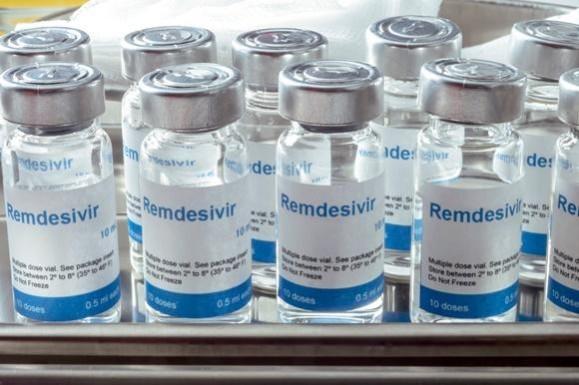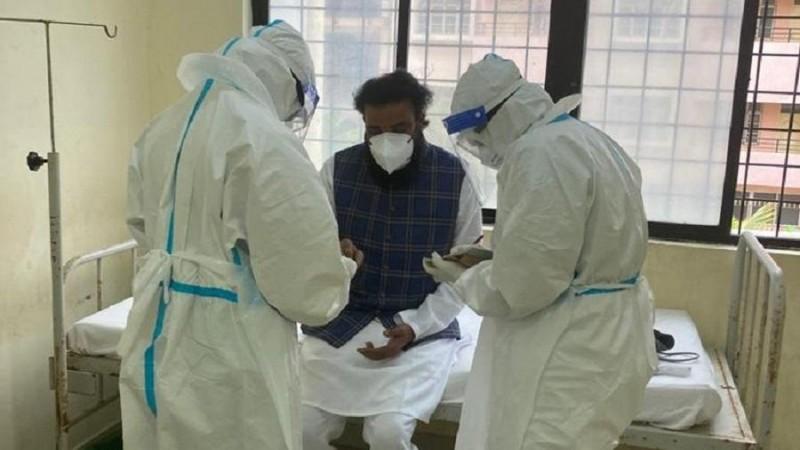A study looking after the effectiveness of remdesivir, an antiviral medication used largely for the treatment for COVID-19 these days, has found the drug to be not only enhancing the placebo in shortening the time to recovery among adults hospitalized with the contagion but also showing evidence of lowering respiratory tract infection.
For the study, published in The New England Journal of Medicine, researchers conducted a double-blind, randomized and controlled trial of 1,062-patients and noted that remdesivir treatment has shown to cut Covid-19 recovery time by five days. Moreover, in patients on oxygen support, the drug reduced recovery time by seven days compared with placebo.

Remdesivir looks promising
While most of the drugs have been either found to reduce the viral load or cut down the risk of death among severely ill patients, there is still no specific proven treatment for the novel coronavirus yet.
Remdesivir, an antiviral that was used for the treatment of Ebola and has been repurposed for treatment of Covid-19, has been found to obstruct the viral replication of SARS-CoV-2, basically, the stage where the virus creates copies of itself.
However, steroids have a secondary effect on the disease – they don't target the virus itself. Remdesivir, on the other hand, goes straight to the cause of the disease by inhibiting the virus.

Remdesivir was developed by Gilead Sciences and was approved for use by the US Food and Drug Administration under an "emergency use authorization" on May 1. It was one of the drugs recently used to treat President Donald Trump who was recently hospitalized after contracting the deadly infection which has already claimed the lives of over seven million people in the United States.
Quoting the research-based biopharmaceutical company, UK-based The Conversation claimed that the drug has significant benefits for patients – but robust data has been lacking until now. And this makes the long-awaited results of the Adaptive Covid-19 Treatment Trial (ACTT-1) trial important.
The only patients for whom the benefit was conclusively demonstrated were those who were less severely ill and receiving only supplemental oxygen rather than being on a ventilator. It is worth remembering that ACTT-1 is a relatively small trial and sicker patients may well benefit, but it has yet to be proven. Another interesting subgroup analysis showed that patients receiving dexamethasone showed added benefit with the addition of remdesivir, which is good news.









